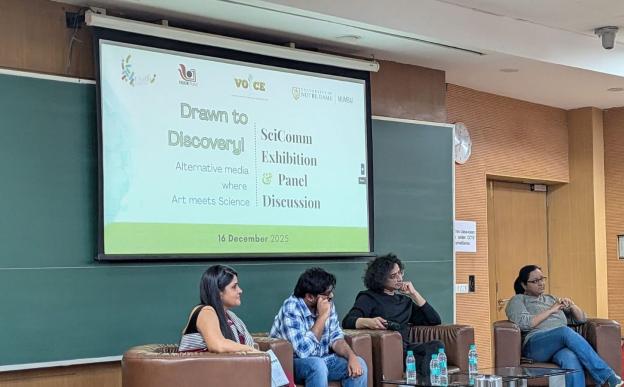The human body harbours around 100 trillion microbes (bacteria, virus and others). While some harm us, others help us in different ways. A new study has now analysed the microbes present in our blood and has found that from an evolutionary perspective, they are related to each other, and strangely, even related to humans. This discovery has implications in drug discovery and designing therapies against harmful microbial infections.
The Indian Institute of Science Education and Research (IISER) Pune on Tuesday launched the VOICE Fellowship 2025
Pune/
